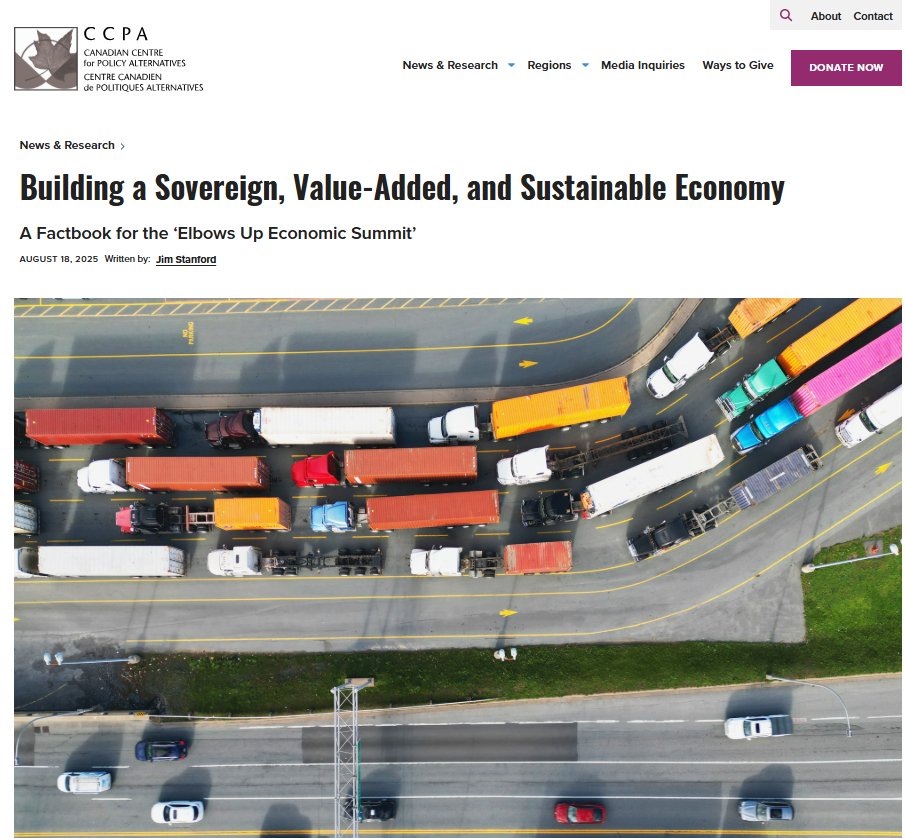Mourning the passing of one of my most important and inspiring mentors, Prof. Mel Watkins. Lifelong dedication to social justice economics, democracy, and sustainability. Thank you Mel for all you did, and we will carry your vision and your powerful method onward, until we win..2
Here's the project we organized through @ccpa in 2014 to pay tribute to the 50th Anniversary of Mel's seminar article on “A Staple Theory of Economic Growth": policyalternatives.ca/publications/r…. His analysis took on renewed relevance & importance with our damaging petro-boom of the 2000s..3
Mel's work was further recognized when he was chosen as the 1st winner of #PEF / @Relentless_econ's Galbraith Prize in 2009: policyalternatives.ca/publications/r…. (He shared that 1st prize with Kari Levitt.) A fitting honour, as Mel continues to inspire a legion of progressive economists...4
Go well Mel, thank you for the gift of your passion and lifelong activism. We will miss you terribly, and will carry on your work with more determination & hope than ever.✊✊✊✊
• • •
Missing some Tweet in this thread? You can try to
force a refresh











